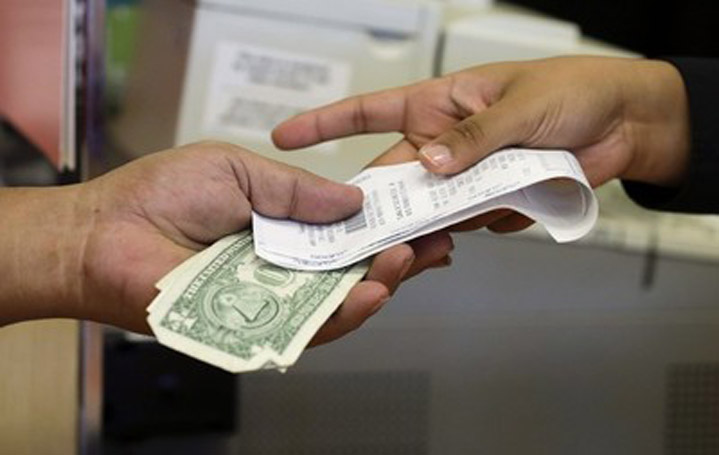In his fasciating book The Power Of Habit Charles Duhigg of The New York Times tells a brilliant story in the chapter “How Target Knows What You Want Before You Do”. He explains how in 2002 Target hired a data expert by the name of Andrew Pole to help figure out how the company’s computers could determine which customers are pregnant:
“Pregnant women and new parents, after all, are the holy grail of retail. There is almost no more profitable, product hungry, price-insensitive group in existence. It’s not just diapers and wipes. People with infants are so tired that they’ll buy everything they need — juice and toilet paper, socks and magazines — wherever they purchase their bottles and formula. What’s more, if a new parent starts shopping at Target they’ll keep coming back for years.”
There is a fascinating backstory to how Andrew Pole cracked the secret, but to put it simply Andrew figured it out by looking at an ingenious set of data points which examined the kinds of things individual Target customers were buying. This allowed Target to send flyers and coupons to exact addresses where they suspected a customer was pregnant — in some cases before the customer even knew herself. In one disturbing case, a man walked into Target with his teenage daughter and demanded why the company was sending so much baby-related material to him and his daughter all of the sudden. The father was furious, and the manager apologized. What the father didn’t know was that Target had figured out his daughter was indeed pregnant. She confessed to her father a few days later. The father called the manager back to apologize in return.
Welcome to life in 2013 — where every single click, purchase, and move we make is analyzed to discover patterns about who we are and what makes us tick. There are many ways retailers and online stores and websites are gathering data about us, but in the world of retail one of the most revealing data points about us is our zip code. In a disturbing new story published by Forbes, contributor Adam Tanner writes: “How does this work? In one of their brochures, direct marketing services company Harte-Hanks describes the GeoCapture service they offer retail businesses as follows: ‘Users simply capture name from the credit card swipe and request a customer’s ZIP code during the transaction. GeoCapture matches the collected information to a comprehensive consumer database to return an address.’ In a promotional brochure, they claim accuracy rates as high as 100%.” To get the full story, and to read the nightmarish experience of one woman in particular, be sure to visit Forbes.com.


